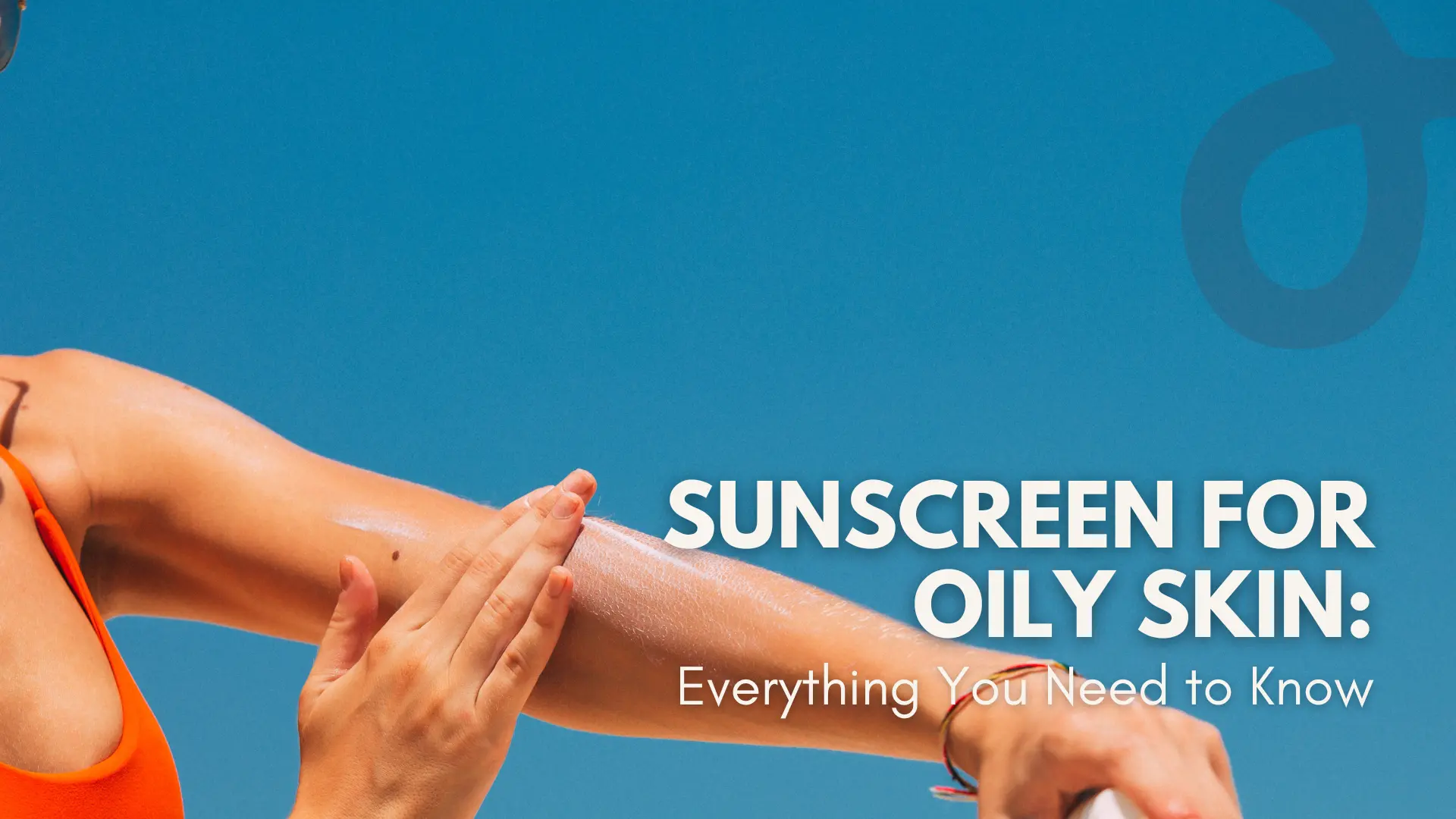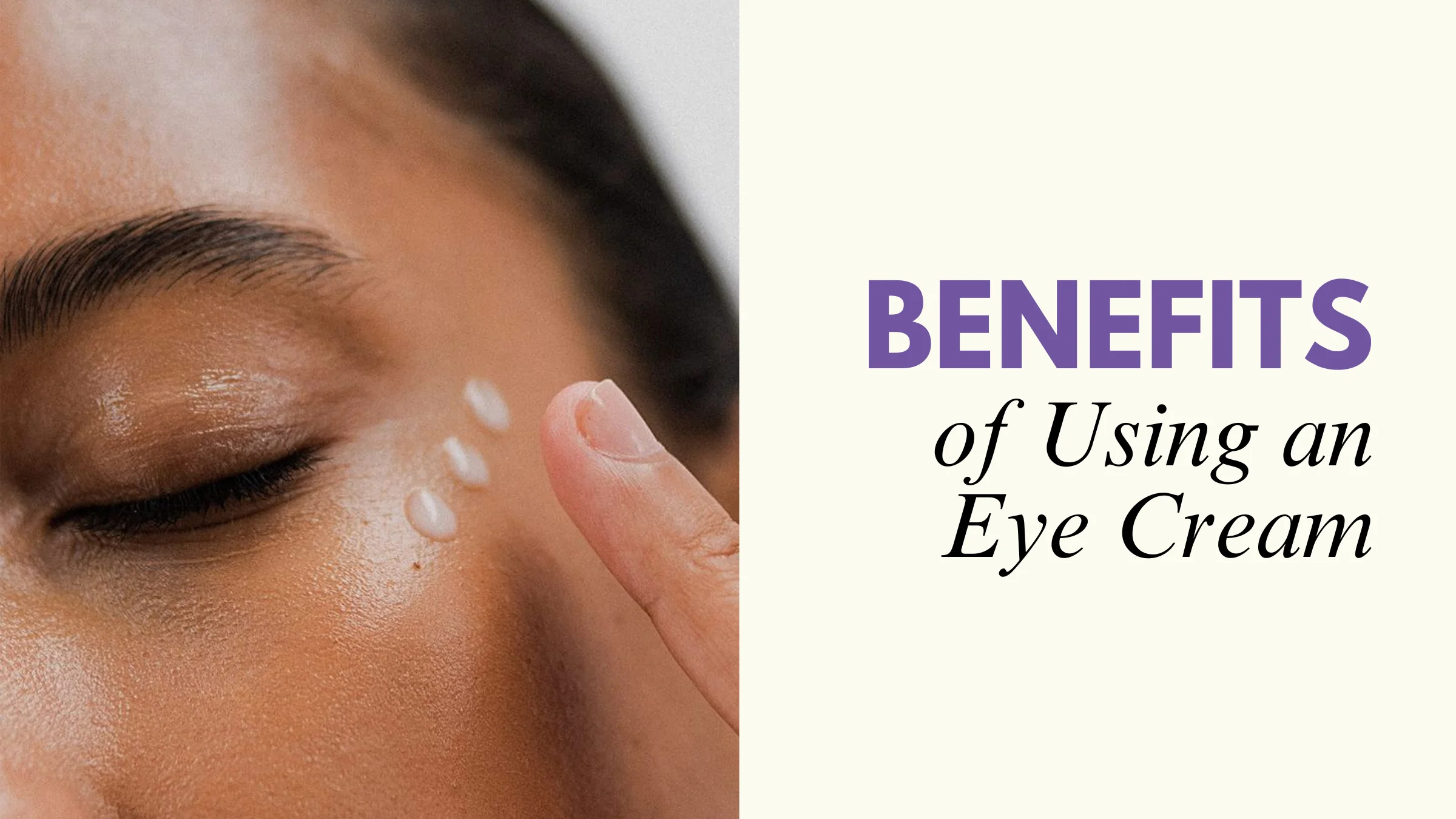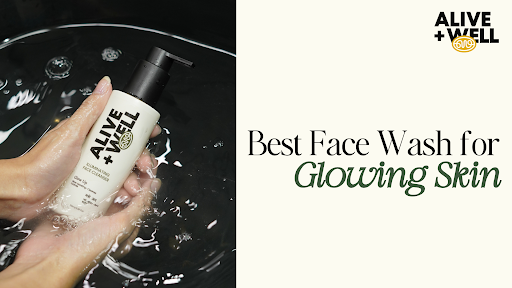Sunscreen for Oily Skin: Everything You Need to Know
Grease and shine on the face doesn’t have to be your summer accessory. Oily skin and sunscreen are a match made in heaven, only if you know how to find the best sunscreen for oily skin. Let’s break down everything you need to know to keep your skin sun-protected without looking like a reflective surface.
Understanding the sunscreen types
The market is flooded with distinct sunscreens with various filters and benefits. For the best defense against sun damage, let’s begin by getting familiar with the types of sunscreen.
Mineral Sunscreens
Mineral sunscreens utilize the power of natural minerals, zinc oxide, and/or titanium dioxide, to form a physical barrier that reflects and scatters harmful UV rays. These sunscreens provide immediate protection; however, they can leave a white cast and sometimes feel heavier on the skin.
Chemical Sunscreens
Chemical sunscreens are powered by organic compounds like oxybenzone and avobenzone. They shield the skin by absorbing UV rays and converting them into heat, which is then released from the skin. These sunscreens use lightweight formulations that blend seamlessly without leaving any white cast, making them ideal for oily skin. However, they can irritate sensitive skin and may require 20 minutes to become effective after application.
Hybrid Sunscreens
Hybrid sunscreens combine both mineral and chemical filters to deliver the best of both worlds. The dual-action approach offers immediate sun protection plus lighter texture and minus white cast making them a dream for oily, sensitive skin. They’re designed to glide seamlessly onto the skin and provide all-day defense without the risk of irritation or heaviness.
Type | Key Ingredients | Texture & Appearance | Pros for Oily Skin | Cons for Oily Skin |
Mineral | Zinc oxide, titanium dioxide | Thicker can leave a white cast | Gentle, immediate protection | May feel heavy, visible residue |
Chemical | Avobenzone, oxybenzone, etc. | Lightweight, invisible | Blends well, lightweight | May irritate, needs absorption time |
Hybrid | Both mineral & chemical agents | Lightweight, blends easily | Best of both- protection & comfort | Depends on formulation |
Key Considerations for Oily Skin
With an array of options available, selecting the best sunscreen for oily skin can be overwhelming. Below are the main factors to consider while keeping your bet on a sunscreen for oily skin.
Oil-Free Formulas
- Look for sunscreens labeled “oil-free” and “non-comedogenic” to minimize the risk of clogged pores and breakouts–a non-skippable consideration for individuals with oily or acne-prone skin.
Lightweight & Matte Finish
- For oily skin, opt for sunscreens with gel-based, serum, or water-based formulas that absorb swiftly with a matte finish.
- These formulas are excellent in controlling shine and preventing the greasy feel often associated with regular sunscreens.
Broad-Spectrum Protection
- It’s essential to aim for a sunscreen that offers broad-spectrum protection from both UVA and UVB rays.
- To ensure comprehensive protection, aim for a sunscreen with SPF 30 or more and PA++++, which filters out about 97% of UVB rays and UVA rays. This ensures the ultimate level of protection from sunburn and also long-term skin damage like photoaging.
Avoid Heavy Ingredients
- Stay clear of sunscreens infused with heavy oils or thick emollients like coconut oil and shea butter to prevent excess oil production and clogged pores.
Water-Resistant Formulas
- Oily skin individuals who frequently go outdoors or sweat heavily should prioritize water-resistant sunscreens to ensure effective protection without the product washing away.
The best sunscreen for oily skin is one that provides comprehensive defense against UV rays while being oil-free, non-comedogenic, and lightweight, leaving a matte finish. Additionally, a mineral or hybrid sunscreen with a gel or serum-based formula is often considered ideal for oily and acne-prone skin. Next time, when you feel sunscreen isn’t for oily skin, think again.
FAQs
Which sunscreen is best for oily skin?
Gel-based sunscreens are considered ideal for oily skin as they are lightweight, non-greasy, and non-comedogenic.
Can sunscreen remove oily skin?
Sunscreen does not remove oily skin or reduce oil production, however, gel-based sunscreen prevents you from feeling heavy and greasy all day.
Is gel sunscreen good for oily skin?
Yes, gel sunscreen is considered ideal for oily and acne-prone skin as they are non-greasy and non-comedogenic.
Which sunscreen is best for oily skin in India?
The best sunscreens for oily skin are typically broad-spectrum with gel-based, non-comedogenic formulas.
Is SPF 50 good for an oily face?
Yes, SPF 50 is excellent for oily skin as it provides high-level protection against UVB rays, which are responsible for sunburns.
What is the best face sunscreen for oily skin?
The best face sunscreen for oily skin is a gel-based, non-comedogenic, and broad-spectrum formula with at least SPF 30 (preferably SPF 50).



